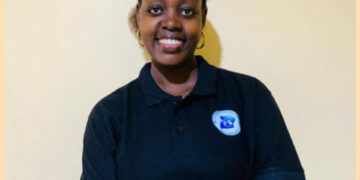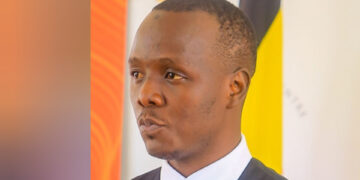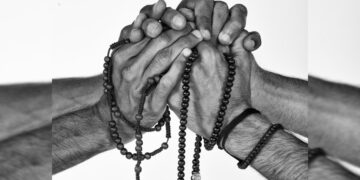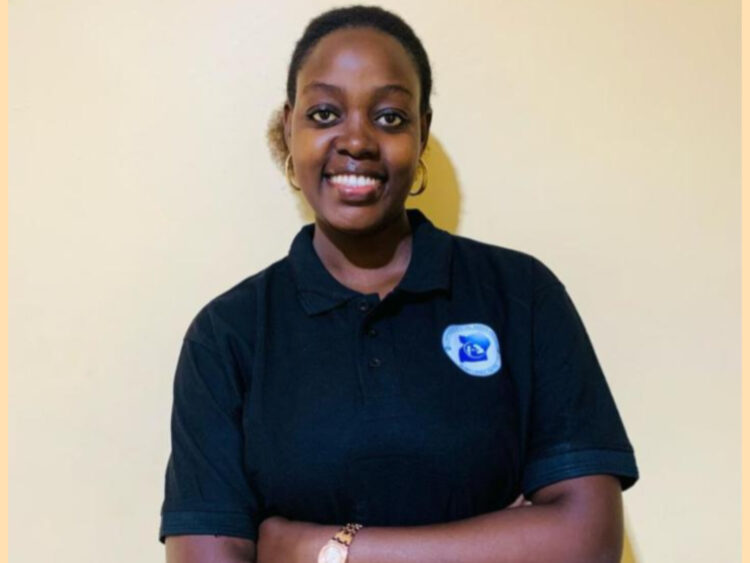OPINION
Self esteem is the way we perceive and value ourselves. It is that inner voice that tells us whether we are good enough, capable, and worthy of love and respect. Self esteem can either be low self esteem or healthy. Therefore, having healthy self esteem does not mean that we are perfect, it means accepting ourselves the way we are while recognizing our strength, weaknesses and areas of growth.
A healthy self esteem acts like an inner compass, helping us make decisions with confidence and resilience therefore self esteem matters a lot among children with disabilities and any other persons. It is not all about having arrogance or thinking you are better than others rather it is a balance realistic sense of self worth. Therefore, people with healthy self esteem are more likely to build strong relationships, set and maintain personal boundaries, cope effectively with stress and set backs, bounce back from failure which is difficult among children with disabilities.
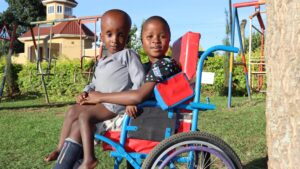
Children with disabilities often experience low self-esteem due to toxic relationships with their friends and families, social comparison by comparing themselves with their peers, harsh punishments and many others. These make them feel lonely and sad which tells us that something might be wrong. They also tend to be rude and harsh to their peers even to the old people.
In addition, children with disabilities tend to focus on their weaknesses which may result into loss of confidence. This calls for innervation from family members, disability advocates and every one out there to be the shoulder for these children to lean on since it is our duty to boost their confidence.
Further more, children with disabilities tend to be neglected, abused and this makes it difficult to have them confide with others since they don’t receive encouragement, love, validation and praise from the people around them, that is at school, home, church, and communities.
More so, over protection limits independence and self resilience, which is a key factor in developing healthy self esteem where by parents and other people in the society tend to over protect children with disabilities having seen them as people who are unable to do somethings without help. This protection creates much fear in their lives and hence may fail to adjust.
Social stigma and bullying damages self image and confidence of children with disabilities may reinforce a sense of inferiority and helplessness thus creating more fear among them. Therefore, all this is the role of parents, societies, disability advocates, leaders to boost the self esteem of these children and these are some of the strategies we can put in place for example.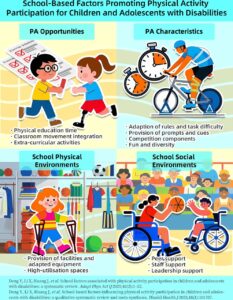
Encouraging children with disabilities to set realistic and achievable goals which will help them to discover their talents or strength and weaknesses. This will enable us to advise them accordingly to focus on their strength rather than their weaknesses.
In addition, provide guidance and counselling to children with disabilities where by psychological support can help children accept themselves and build resilience. This gives them morale to associate freely with the rest of the children without fear.
Further more, participation in decision making by children with disabilities gives them the opportunity to make their own choices and express their opinions builds their confidence and autonomy.
Therefore, focusing on understanding their needs and promoting self worth of children with disabilities plays a vital role in healthy development of all children shaping how they view themselves and interact with the world.
It is always the role of parents, educators and, caregivers to be children’s self image because when these adults’ express belief in the child’s potential, it creates a powerful foundation for self esteem. It is important to listen, advocate, and empower children with disabilities to believe in themselves and their worth.
Self esteem is a crucial part of emotional and social development for all children, and it holds even greater significance for children with disabilities. These children may face unique challenges, but with the right support, encouragements, they can build a strong sense of self worth by focusing on their strengths, promoting independence, and fostering acceptance, we help to empower them to see their value and potential. When children with disabilities believe in themselves , they are better equipped to face the world with confidence, resilience, and hope.
Thank You.
By Ashaba Mercy,
The writer is a Programs Manager – Compassion Special Needs Uganda (CSNU)
